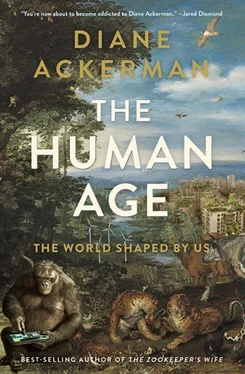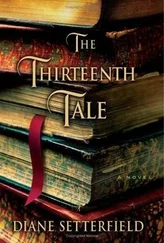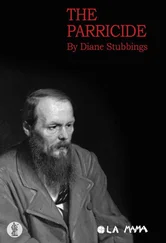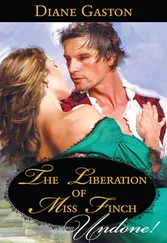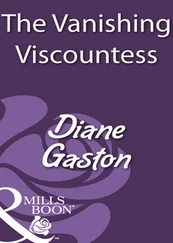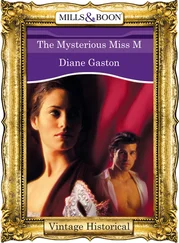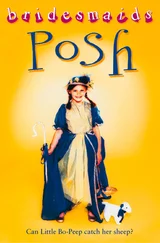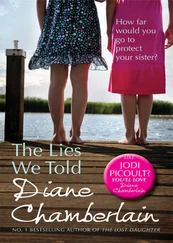I find Burtynsky’s studio loft on a busy street in downtown Toronto. Large wooden tables flank several small offices, and a row of tall windows offers a portrait gallery of the day’s weather. A tall, slender man with graying hair and neatly trimmed mustache and goatee greets me, and we retreat into his book-lined office. He’s wearing a blue long-sleeved shirt with a small coyote logo howling up at his face. His voice is whisper-quiet, there’s a calm about him almost geological in its repose, and yet his eyes are agile as a leopard’s.
“You’ve been called a ‘subliminal activist’…”
Burtynsky smiles. The moniker fits.
“Part of the advantage one has as a Canadian,” he explains, “is that you’re born into this country that’s vast and thinly populated. I can go into the wilderness and not see anyone for days and experience a kind of space that hasn’t changed for tens of thousands of years. Having that experience was necessary to my perception of how photography can look at the changes humanity has brought about in the landscape. My work does become a kind of lament. And also, I hope, a poetic narrative of the transfigured landscape and the industrial supply line. We can’t have our cities, we can’t have our cars, we can’t have our jets without creating wastelands. For every act of creation there is an act of destruction. Take the skyscraper—there is an equivalent void in nature: quarries, mines.”
Quarries as inverted architecture. I picture hollowed-out geometrical shapes, Cubist benches, ragged plummets. You can’t have a skyscraper made out of marble or granite without a corresponding emptiness in nature. I haven’t thought of our buildings in quite this way before, as perpetually shadowed by a parallel absence.
“And yet these ‘acts of destruction’ are surprisingly beautiful,” I say.
“We have extracted from the land from the moment we stood on two feet. When we look at these wastelands, we say, ‘Isn’t that a terrible thing.’… But they can also be seen in a different way. These spots aren’t dead, although we leave them for dead. Life does go on, and we should reengage with those places. They’re very real and they’re very much part of who we are.”
My mind shimmies between two of his photographs: the stepped walls of an open-pit tungsten mine in northwestern Spain and a pyramid of lightbulb filaments, electronics, rocket engine nozzles, X-ray tubes, and the other particulate matter of our civilization. They’re very different from the landscape photographs of the first half of the twentieth century, when Eliot Porter, Ansel Adams, and Edward Weston celebrated nature as the embodiment of the sublime, with reverence and respect, in all its wild untrampled glory. Burtynsky’s photographs capture the wild trampled glory of humanity reveling in industry. For ages, nature was the only place we went to feel surrounded by forces larger than ourselves. Now our cities, buildings, and technologies are also playing that role.
Even calling something “nature” is a big change, Burtynsky suggests, from a time when nature existed all around and within us. Then we separated ourselves by naming it, just as, according to the Bible, Adam named the animals. Once we named them, they seemed ours to do with as we wished. Yet we were never as distant as we thought, and if we are learning anything in the Anthropocene, it is that we are not really separate at all. An important part of the landscape, our built environment is an expression of nature and can be more, or less, sustainable. The choice is ours.
IN THE HERE and now of an orangutan kid’s life, Budi relinquishes his iPad for a moment. Then Matt lifts a hand, points down with his first finger, and swirls it around as if he were stirring up an invisible brew. On cue, Budi turns around and presses his back to the bars so that Matt can give him a scratch. Matt obliges, and Budi shrugs in pleasure, then presents one shoulder, arm, and back again for more.
“He just got his big-boy teeth a couple of months ago,” Matt says. “His baby teeth fell out at the beginning of the year… he got rid of those giant Chiclets.” Matt places some fresh fruit tidbits into Budi’s mouth.
“He’s very careful with your fingers.”
“When he was really little he would bite—Hey, let go,” Matt says, gently removing Budi’s finger from a flap of iPad cover he’s trying to pry off. “But then he had smaller teeth. When I’d squeal, he’d let go. Just like he was testing to see. He’s a little bigger now, and even if he didn’t mean to hurt me, he could.”
They may be the same weight as humans, but orangutans are about seven times as strong, and may not realize the damage a playful yank or slap could do to a human. Yet they’re also empathic enough to recognize another’s pain, regardless of species, and feel bad about causing it.
“If he knows how to behave with people, the nicer his life’s going to be—as he gets older he can do things like present body parts so that people can look after him. There’s no guarantee that he’ll be at this zoo forever, so it will be nice to say, This is the language Budi knows. This is what you need to know to communicate with him .”
Budi’s mom, Puppe, wanders over to see what we’re doing. Elderly by orangutan standards, at thirty-six, she’s the oldest of the zoo’s orangutans, with mature grayish skin (juvenile skin, like Budi’s, is paler), a Buddha belly, and wrinkling around her nose and mouth. Her face looks strikingly humanlike, as does Budi’s. Orangs meet our gaze with familiar faces and expressions across a hazy evolutionary mirage. Small wonder that, in Indonesian, their name means “Orange Forest People.”
Budi climbs the bars above his mom and dangles onto her head in a handstand, then slides upside down across her shoulders and rolls sideways off her back with a half twist. But she doesn’t seem unduly bothered. After raising five tykes, she’s used to such antics, and in any case she’s always had a placid personality, a trait she’s passed on to Budi, who tends to be relatively quiet as well. Not that orangs make much noise. The males may groan their long call to tell receptive females that they’re hunks and other males not to mess with them, but the females and young always stay so close together that they only need to make subtle squeaks and grunts. Also, they’re virtuosos of the visual. Most of their mutual knowing flows through an anatomy of signs, in which body language and pantomime offer a shared vocabulary. So Matt’s work with them always includes gestures as well as words. It’s a technique that’s also gaining popularity among human parents with toddlers—teaching them basic sign language to make themselves understood before they can speak.
“Show me your tummy,” Matt says, turning his attention to her and quietly gesturing come here with both hands.
“Let me see your tummy, Puppe,” he says, pointing to her hairy orange belly. His tone with her is tender and respectful.
Puppe presses her big tummy close to Matt, who gives it a gentle rub. When he offers her some fruit she places a few pieces in one hand and delicately eats them one at a time.
“Where are you going, kiddo?” Matt says, as Budi runs off to a corner.
Grabbing a crinkly blue tarpaulin, he wraps himself up Caped Crusader style and returns to iPad play, triggering gorilla and rhino calls. Then Budi reaches for a control bar with buttons outside of the cage, and Matt brings the remote closer to him and lets him push the button that lifts a door on the wall dividing his enclosure from the next one. Hauling the tarpaulin overhead, he kicks a large ball through the door and dashes after it, brings it back, and pushes the button to close the door. Open, close, open, close. He’s like any kid getting a rush out of opening and closing drawers and doors.
Читать дальше
